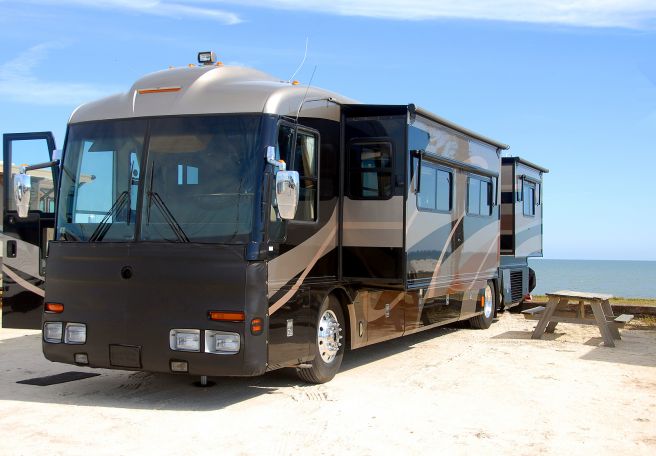A recreational vehicle (RV) is traditionally viewed as a motor home, but many travel trailers, fifth wheels, and tour buses are considered RVs as well. RVs combine many aspects of regular traveling vehicles with aspects of a home. There are several issues that need to be considered when purchasing RV insurance.
Examples of RV’s
- Motor homes (classes A, B, and C)
- Motor coaches
- Camper vans
- Travel trailers (campers, pop-ups, fifth wheels, and toy haulers)
One of the main differences between RV insurance and standard auto insurance is that RV insurance policies can cover appliances and personal items in the RV, such as plumbing, electrical problems, motors, TV’s and other items.
Some Optional RV Insurance Coverages
- Optional full replacement cost coverage
- Emergency expense allowance
- Campsite and vacation coverage
- Towing and roadside assistance coverage
- RV in storage option
- Uninsured and underinsured motorist’s coverage

